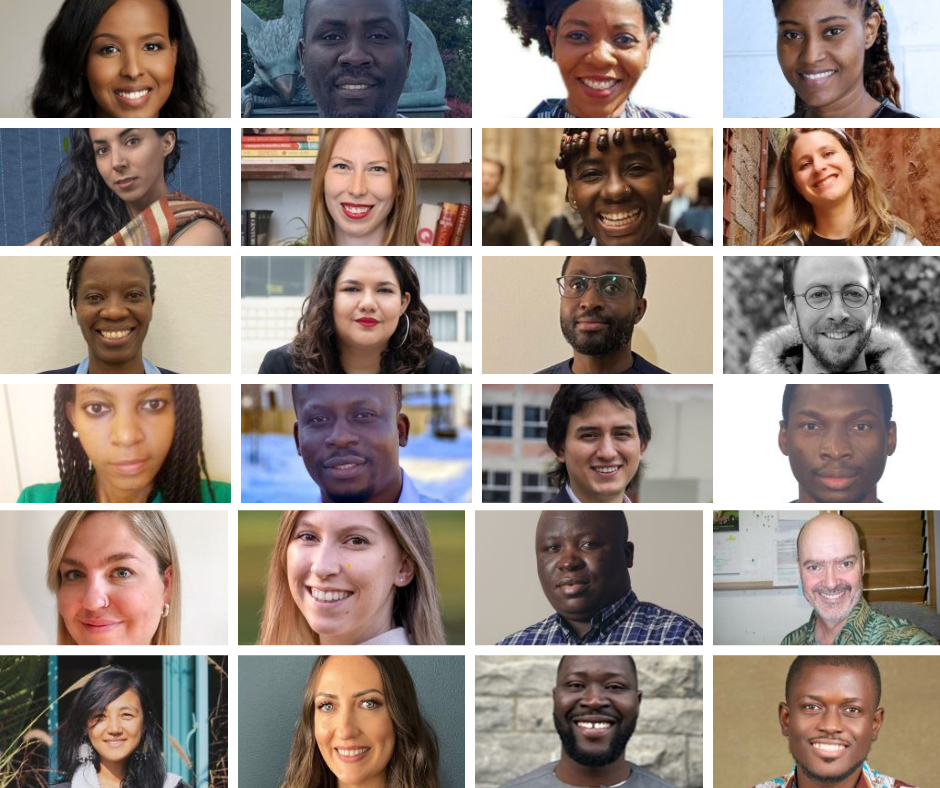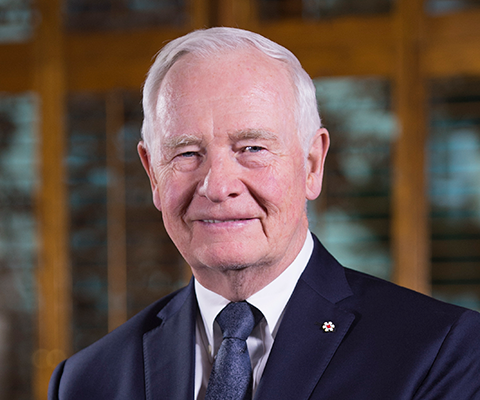Time to leverage education-industry connection

This op-ed was published in The Hill Times March 31, 2014.
By Eddy Campbell, president of the University of New Brunswick
These connections from our post-secondary institutions to the external communities they serve are of enormous direct benefit to all Canadians.
This year, more students than ever before are studying at colleges and universities in Canada. That’s because our students and their families know that a post-secondary education offers amazing benefits.
Those with a post-secondary education are generally healthier, happier, live longer, are more likely to land a job, more likely to keep a job and their salaries are higher than those without such an education.
Although the media do sometimes focus on the difficulties some recent graduates have experienced in acquiring that first meaningful job, the facts associated with “staying in school” have never had more force.
For example, over the course of their lifetime, the average university graduate earns about $1.4-million more than those with only high school diplomas, and there has been strong job growth for such graduates in spite of the economic downturn. Between 2008 and 2013, more than 800,000 new jobs were created for university graduates, while 540,000 jobs disappeared for those with no post-secondary education.
But the benefits offered to students by Canada’s colleges and universities aren’t just personal—they extend to Canadian society as a whole.
Far from being detached from the daily economic hopes and dreams of Canadians, our colleges and universities play an irreplaceable two-pronged role as major economic drivers. They provide graduates with the skills needed to meet Canada’s employment needs, while also partnering with industry to bring fresh ideas to the marketplace faster, thus improving Canada’s competitive position in the global economy.
This success is often the result of leveraging public-private partnerships that are creating brighter futures for traditional industries. I see this first-hand every day.
In New Brunswick, where the forest products industry is the largest contributor to provincial GDP, new university-industry collaborations to develop more sustainable forestry practices promise a substantial economic boost. For example, UNB researchers have combined GPS and other technologies to more precisely map forest water tables. This not only allows J.D. Irving (and other North American companies that have since adopted these techniques) to put roads in places that lessen their ecological footprint, but more detailed knowledge of soil moisture also boosts the bottom line. We have seen increases in tree production leading to lower product prices and increased competitiveness.
It’s important to acknowledge that these advances on the problems of today are anchored in the curiosity-based research of the past, just as future social and economic advances will depend on the new discoveries we make today.
The substantial and exceptional investments in university research announced in Budget 2014—the newly-established Canada First Research Excellence Fund, coupled with the largest support for the country’s research granting councils in nearly a decade—underscore the importance of knowledge and innovation for Canada.
Thousands of college, university, public- and private-sector partnerships are at the heart of social and economic advances across the country. This culture of innovation increasingly permeates our postsecondary institutions helping boost Canada’s economy.
Our students are very much involved. They’re solving immediate challenges. And in the process developing in-demand workplace skills—all while using the advanced technologies we have on hand for this purpose.
At Canada’s colleges and universities, this emphasis on integrating real-world research and discovery into our education drives everything from the development of evidence-based public policy to its analogue, the commercialization of our research. The thorny problems of the world today demand collaboration from different disciplines.
Our students are not only doing research, they’re developing the problem-solving, analytical, project management and communication skills today’s employers want. And increasingly, Canadian students are gaining this experience outside of the classroom in hands-on learning experiences.
Half of all Canadian university students across all disciplines now complete at least one co-op experience, practicum, and internship or field placement by the time they graduate. Ask anyone involved in such a program and you’ll hear that it’s a huge boon to students and employers. Students start building their professional network, bridging their classroom knowledge to its everyday applications, while employers gain fresh ideas and the perspectives that point the way to new solutions, opportunities and markets—not to mention a close look at potential employees.
These connections from our post-secondary institutions to the external communities they serve are of enormous direct benefit to all Canadians.
Today’s students are making significant investments in their own futures. It’s an investment that Canadians and public and private-sector decision-makers need to support and leverage, in the interest of the social and economic future of the country.
About Universities Canada
Universities Canada is the voice of Canada’s universities at home and abroad, advancing higher education, research and innovation for the benefit of all Canadians.
Media contact:
Lisa Wallace
Assistant Director, Communications
Universities Canada
[email protected]
Tagged: Co-ops and internships




